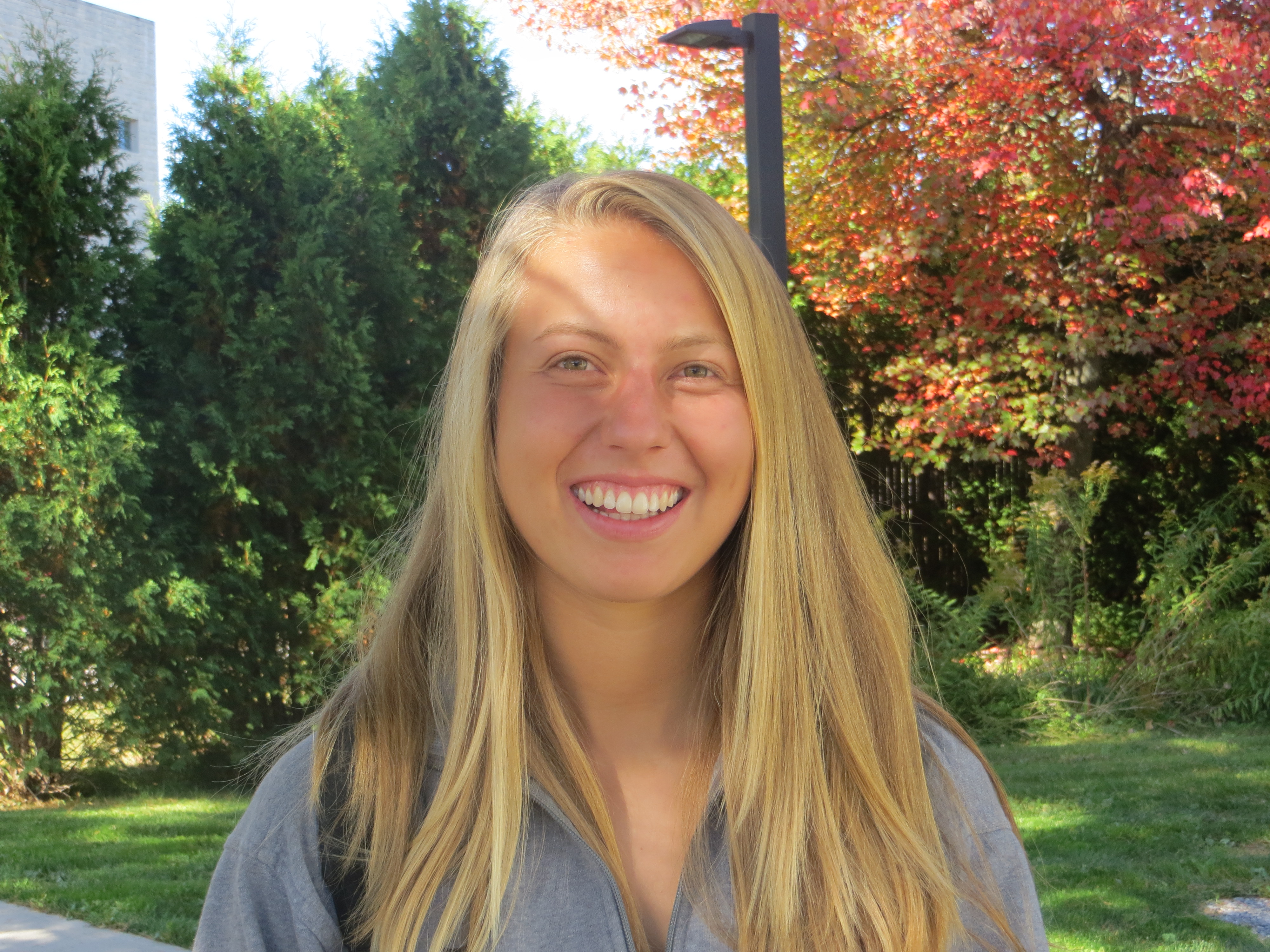The Family Center in Helena, Arkansas
Another day, another meal to prepare for fifty kids. What will it be today? My co-intern Kelsey and I peruse The Family Center’s cramped maintenance closet where most of the donated dry goods are stored, alternatingly voicing suggestions of what we might serve the kids for breakfast today. Cereal? Cheesy grits? Our resources are limited. After a few weeks, we’ve finally gotten the hang of this routine of running the Summer Feeding Program—an unexpected responsibility within our roles as interns at The Family Center. Now that we’ve established a good working relationship with our supervisor, Ms. Gracie, and explained that we don’t feel comfortable passing PopTarts off as the children’s breakfast serving of fruit, she has allowed us a tiny bit more freedom with the menu and budget. We’ve introduced the kids to things like whole-wheat toast, and healthy snack combinations like peanut butter and celery.
I have no idea what I’m getting myself into when it comes to teaching these dance or cooking classes, but I’m giving them my best shot. If one thing is certain, I can always anticipate having to prepare to feed several dozen kids a day, ages zero to eighteen. Serving and supervising each meal is a whirlwind, but after four weeks, we have it almost down to a science. Ms. Val, the organization’s finance person, usually holds down the kitchen while Kelsey and I alternate between the rooms where they eat, catching milks before they spill and snatching air-born hot dogs before they get smooshed into the carpet. We direct the trays toward trashcans rather than the table or floor, break up fights, and attempt to keep the kids’ energy at bay by reading a book, playing a game, or allowing them to play with our hair. Periodically, one of us runs back to the kitchen to clean and restock trays in preparation for the next carload’s arrival. We have grown and will continue to grow close to many of these kids over the course of the summer. Their comfort with us has led to some brief but heart-wrenching conversations in which we have to tell them repeatedly that, no, we can’t give them money, and, no, we can’t bring them home with us.
The school system in Helena has been collapsing for years. Teach for America teachers comprise a great number of the teachers in public schools, but those who have been successful in their attempts to improve the kids’ grades have been investigated for inappropriate incentivizing. Successful teachers, rumor has it, are sometimes even dismissed for improving students’ grades, because the school system depends on the funding they are provided for underachievement. Some kids go to the higher quality KIPP school in town, a public charter school that can’t accommodate the city’s entire child population and must instead admit applicants based on a lottery system. About half of the kids in our feeding program go there.
Some say culture is deep and unshakeable in the Mississippi Delta region. Others say that culture has been wiped away by the rise of industrial farming over the past several decades. But I don’t think culture is something that disappears; people may disappear, but culture simply changes. Since the mechanization of agricultural production, the population of Phillips County has plummeted by the tens of thousands. Sharecroppers’ cabins have long been abandoned, and governmental housing developments erected and populated in their stead. That’s the culture here; it’s simply packaged differently than it used to be. Whether people choose to talk about it or not, one of the cultural aspects that runs deepest in Helena is institutionalized racial marginalization; from sharecropping to the projects, it’s still alive here and, unfortunately, still doing well.
So, put six college interns—five white and one black—in a modular duplex in rural Arkansas for eight weeks and what do you get? Lots of conversations about race, a number of lingering glances when we go out together in public, plenty of questions about why we would want to spend a summer in the delta, and a handful of uncomfortable moments in which some or all of us have broken cultural barriers that we didn’t realize were still standing so resolutely in parts of our country. But, being the visitors that everyone in these small towns recognizes us to be, we seem to be given a bit more leeway, or forgiveness than the native Phillips County resident. Some of our challenges are large and theoretical, and others minute and practical.
We were told before heading in Phillips County that our arrival there would feel like taking a step back in time. On the contrary, my experience has revealed that there are centuries-old ideals about race and class that are very actively butting up against the reality of burgeoning present-day social progress. This opposition creates tension that stagnates the potential for economic upturn, and widens the gap of intolerance. The Family Center’s services provide essential day-to-day aid to those in need, but the question of profound and lasting change in Phillips County will only be solved when racial barriers and economic prejudices begin to be broken down through education. Unfortunately, the reality is that our eight short weeks here couldn’t accommodate for such profound change. So, we’ll continue to do our part to help those in need meet and overcome their everyday challenges in Phillips County, and in doing so acquire knowledge that will inform our future quests to understand how to more deeply effect change in the face of economic inequality.









